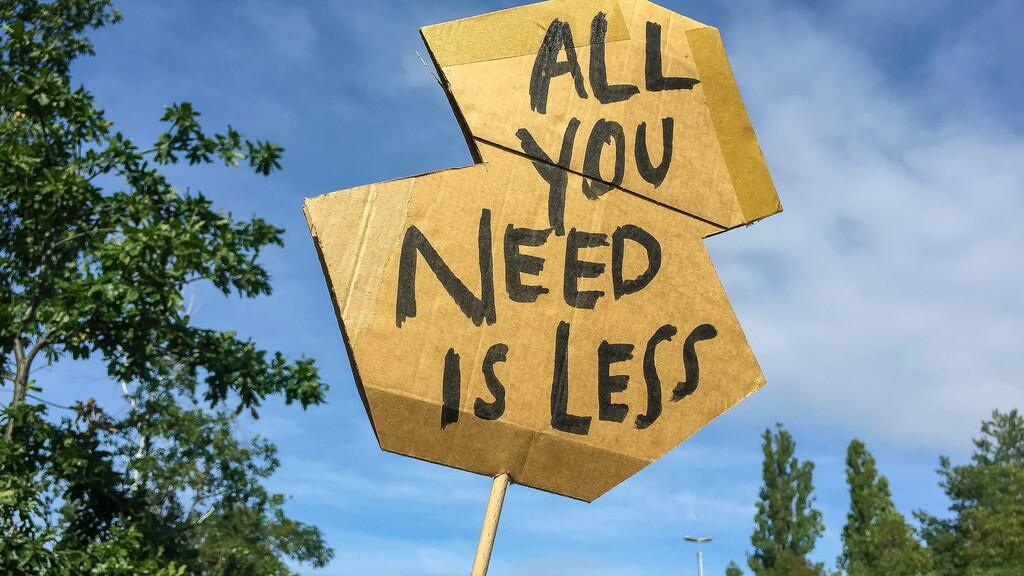

Energy and electricity cause several CO2 emissions: Each person emits a total of 2,540 kg of CO2e per year. Often, however, it only takes a small change of contract to become more sustainable. What is particularly interesting about energy and electricity is that changing or replacing old appliances with new, sustainable ones is not only a more climate-friendly alternative, but also reduces costs. The CO2e emissions are given in grams per kilowatt hour. This text mainly talks about CO2, but in scientifically correct terms we are talking about CO2 equivalents, the so-called CO2e.
Switch to renewable energy
Heating with renewable energy offers particularly large savings potential. Air, earth and water can be used for electrical heating. The associated devices are space-saving, convenient and environmentally friendly. Another plus point is that they not only help to reduce CO2 emissions, but also cut heating costs. If you decide to heat a house with a heating pump and green electricity, 0.13 tons of CO2e are emitted over a year, while heating a house with petroleum emits 3.29 tons of CO2e.
Replace old with new
Provided the time has come and heating pumps, for example, are no longer doing what they should, it's time to replace them with a more sustainable option. This is because old heating pumps constantly run at the same speed, working many hours a year and thus consuming more energy than necessary. With newer pumps, you not only save on CO2, but also on heating costs.
Solar systems
Electricity can be generated by own solar systems and is therefore not only a more sustainable alternative, but also saves costs. Especially in direct comparison, solar power is the most sustainable solution behind wind and water power. Compared to natural gas power plants, which have an emission of 500 gr per KWh, the solar plant is only 50 gr per KWh. But how climate friendly solar plants actually are is not only determined by production conditions: The more electricity produced by the system, the less CO2 is emitted on average for each kilowatt hour generated. At the same time, having your own system is also good for your wallet, as it can reduce your electricity costs.
Proper heating and ventilation
It is important to learn how to heat and ventilate properly, because this can also reduce CO2 emissions. Proper heat distribution not only reduces energy consumption, it also reduces pollutant emissions from the heating system. If furniture is standing in front of the heater or curtains are hanging in front of it, the heat distribution is already disturbed. In addition, the radiators should be regularly cleaned of excessive dust to ensure optimal heat distribution.
Sources: